 Psalm 3
Psalm 3
David the king was a man of worship. He loved to communicate with his God, the true and living God. He prayed, he praised. He wept, rejoiced. He expressed anger, yet he again and again found rest in the Lord. David was glad to share his life with God, regardless of his worldly circumstances. Though he became king, he was often a fugitive from his enemies. We read of one of these times in the third psalm. The Psalms are songs, songs with many purposes. One purpose is to worship God for his glorious true story; another is to teach others about our place in God’s story.
Life hurts sometimes. David was not ashamed to write a song about the problems and pain God’s dearly loved people experience. David did not regard such happenings as a reason to doubt the Lord and to turn away from him. Instead, he wisely found that he could rely upon the God who is over all, even when it was easier to fear than to trust and worship.
David began this song by stating his situation (3:1-2). This is not to inform the all-knowing God about his problems. The Lord fully comprehends our needs before we state them. This is one way people share their lives with others. David talked to his God about what was happening. In the song, it lets others know of why he needed to turned to the all-powerful God. David had many enemies, and they assumed that they had David trapped. What made this especially painful for David was that the leader of his enemies was his own son, Absalom.
In this song David sings about his hope or confident expectation. It was that the Lord would be his shield (3:3). Since David was a warrior, he valued shields as a means of protection. We might think more about the airbags in our cars. He viewed the Lord as his protection in every direction: “you are a shield around me”. Regardless of the ways his many enemies planned to attack him, David was confident that the Lord was sufficient to guard him. God was the one who had lifted him up to be king, and so he was “safe and secure from all alarms”. Knowing God’s all-sufficiency produced four beneficial consequences in David’s heart and relationship with God. He wrote that we might sing about these benefits with him.
- David addressed the Lord in prayer (3:4). He cried out to the Lord and the Lord answered him from his holy hill. (This is probably a reference to Zion, where David had brought the ark of the covenant, which was important in Israel’s old covenant worship.) In our time, we night speak of the “throne of grace” (Hebrews 4:16). David knew the importance of prayer (James 4:2). God is willing to be brought into our battles as the shield of protection that we need.
- David affirmed his faith in the Lord (3:5-6). He sang about how he was able to lie down and sleep. Are you able to do this after you pray to the Lord about your troubles? Or do you toss and turn after you pray? Faith requires us to tell our need to God and to leave the results to his wise action. He saw the Lord very close to him. I don’t think David bothered to make an exact head count of his enemies. He used hyperbole to press the point of his complete trust in his Shield.
- David appealed to the Lord to act for his good (3:7). Here, David prayed like a man under the law covenant. He asked the Lord to act in vengeance against the enemies of his kingdom. (David was God’s anointed ruler.) As Jesus taught his disciples, we are not to pray like this in our new covenant age (Luke 9:55). We do better to pray like Stephen (Acts 7:60). We need to ask the Lord to enable us to share the good news boldly with those who oppose us (Acts 4:29).
- David admired God’s victory, which he had to wait for (3:8). The story of David tells us that the Lord did rescue him and his kingdom, though God’s victory brought great anguish to David’s heart (2 Samuel 18:19-19:8). We suppose that when God rescues us that we will only know great joy. But we must still live in a broken world in our own brokenness. The good news is that David was able to receive the rebukes of others, break out of his grief and depression, and write this song for the benefit of others.
Where do you run in your troubles? I hope you turn to the true and living God, who is able to rescue you. Where do you run after the Lord rescues you? Do you focus on your remaining or new difficulties? Or are you ready to tell others of the comfort with which your Father in heaven has comforted you (2 Corinthians 1)?
Grace and peace, David

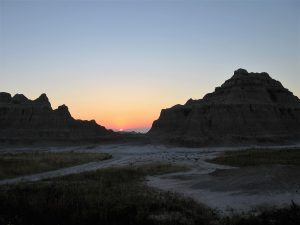 Ruth 4:13-22
Ruth 4:13-22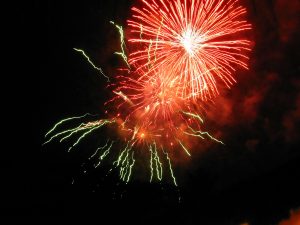 Ruth 4:13-22
Ruth 4:13-22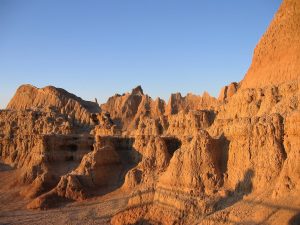 Ruth 4:13-22
Ruth 4:13-22 Ruth 4:11-12
Ruth 4:11-12 Ruth 4:9-12
Ruth 4:9-12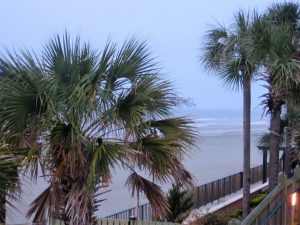 Ruth 4:5-12
Ruth 4:5-12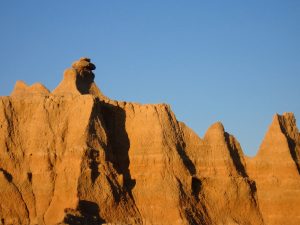 Ruth 4:1-12
Ruth 4:1-12